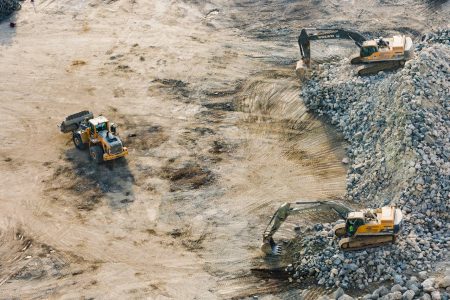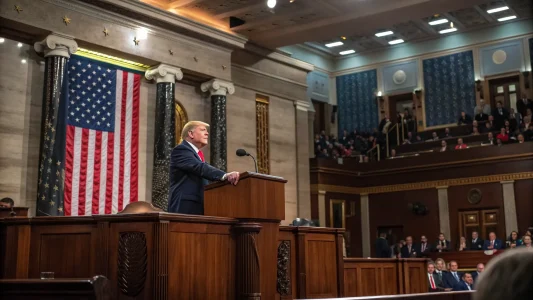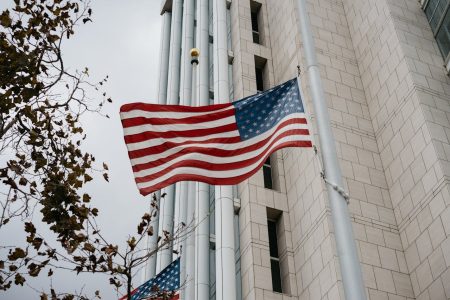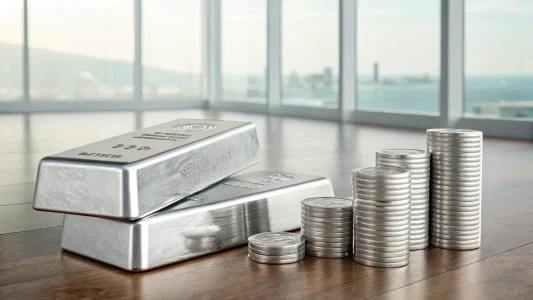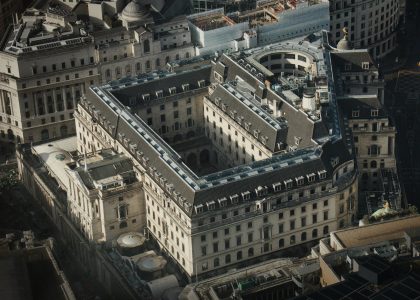Oil giant BP is investigating the Supercharger facilities and staff that are in limbo after Tesla’s mass cuts.
Tesla, the electric vehicle manufacturer founded by billionaire Elon Musk, recently decided to axe a substantial amount of its headcount in a cost-cutting exercise, a move that has significant implications for the industry.
One of those implications is the circling of other companies around Tesla’s Supercharger facilities. These stations had been a critical win for Tesla as they agreed to let competitors who manufacture electric vehicles use these locations in a landmark deal.
Supercharger sites up for sale?
BP is one of the largest energy brands and continuously seeks to strengthen its power in alternatives to fossil fuels as climate change legislation looms from the White House.
If this deal were to go through for BP, it would be a significant win, as first reported by Bloomberg. It would effectively take Telsa’s hard work and blueprint for electric vehicle charging stations and sell them to the oil and gas powerhouse.
Sujay Sharma, CEO of BP Pulse Americas, casually told Bloomberg, “If there are stranded real estate partners who are looking for someone to call, they should feel free to pick up the phone and call me or look me up on LinkedIn.”
If this deal were to go through for the existing Supercharger sites, then BP would be ahead of its commitment to spend $1 billion by 2030 on more charging facilities.
The company paved a business roadmap that is leading to them having a bigger chunk of the American electric vehicle charging station market. BP intends to have over 3,000 electric charging stations and 12 major Gigahub sites in key states in the U.S.
It remains to be seen if Tesla will look to offload their major business win to a rival, but Elon Musk’s sights seem to be set on the land of artificial intelligence over car manufacturing.
Tesla and Musk made a recent call to slash the price of all major models of their vehicles globally amid the headcount. This can only mean they are looking desperately to recoup lost funds from a turbulent year for the manufacturer.
Image: BP










